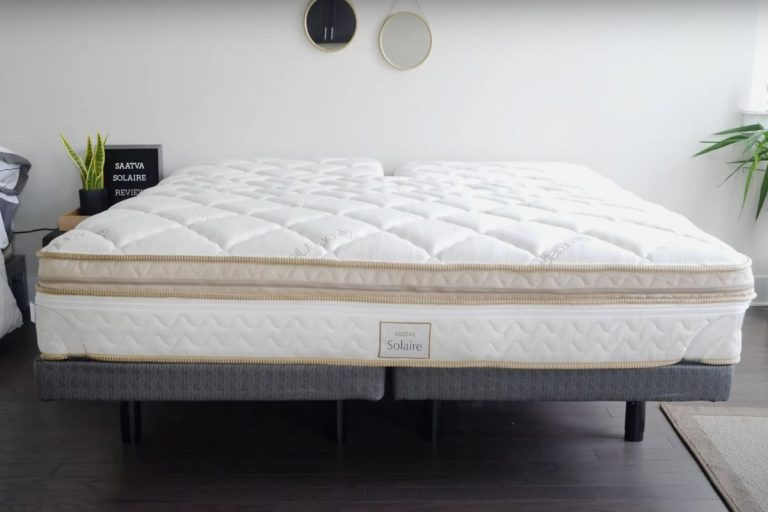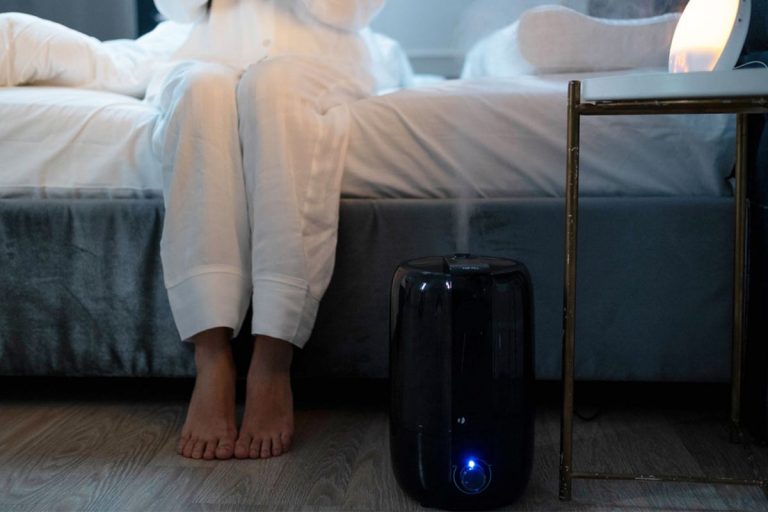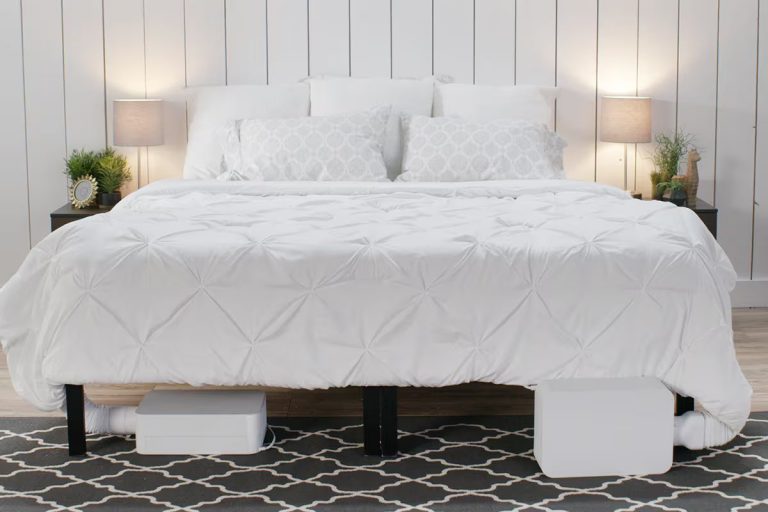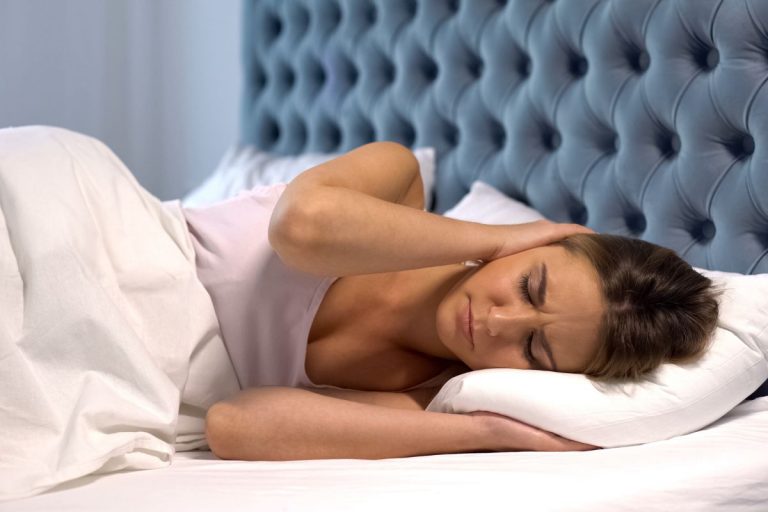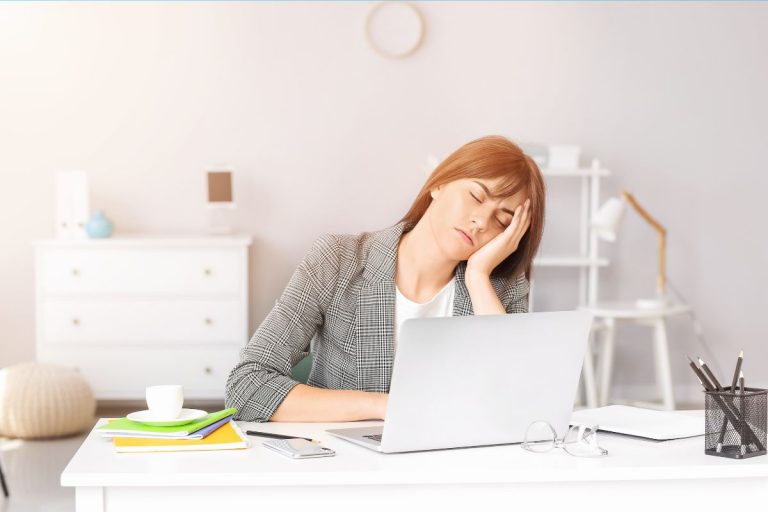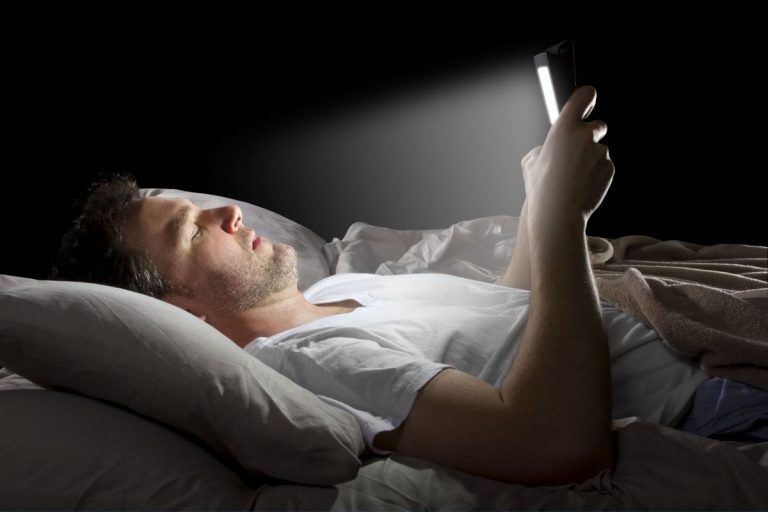We live in an age where productivity and multitasking are extremely popular. However, to be able to do more things per day, we need more time. Handling more tasks per once can often be exhausting for our body and mind. We have to access different documents, visit different places, communicate with different people and companies to get more done. It gets exhausting and we simply need to sleep to recharge our batteries.
But, what to do when no matter how little you sleep, it’s still not enough. Not to mention that gaining less energy also makes us tired more easily. In this article, we’ll discuss the ways to sleep less and have more energy throughout the day.
This isn’t a practice that we commonly recommend, but if you’re working on an important project, preparing for an important match or competition, or studying for your final exams, risking a few nights to get the best out of your day won’t cost that much.
How Much Sleep Do We Really Need?
We’re all different and as such, our body and metabolism dictate the right amount of sleep for us to function normally. Regardless, our sleep cycle depends on a lot of factors and predispositions. It’s no secret that multiple studies and research proved that while some people may need more sleep to feel rested, there are also people who have a genetic clock that lets them get more rest from fewer hours of sleep.
Age also plays an important role in determining the right amount of sleep. Toddlers, children, and even teens need more hours of sleep to feel rested through the night. Adults, on the other hand, need 7 to 9 hours. On our website, you can find our accurate sleep calculator as well as a guide on its benefits and how to use it.
Note: The sleep calculator will provide you with multiple-choice options for sleeping. Keep in mind that some of them may prove to be less restful than others.
Keep in mind that everyone sleeps differently. As we mentioned above, people with the genetic privilege of feeling rested after only a few hours of sleep may wake up after 4 to 5 hours. However, some people may need 9 to 10 hours to feel completely rested and refreshed.
Keep in mind that your sleep hygiene is also an indicator of your overall health. There are several reasons why someone would want to sleep less or more. If you feel like you’re not getting enough rest even after eight to nine hours of sleep, perhaps you should change some lifestyle habits and visit a doctor.
However, if you feel like you’re getting too much rest and think you could do more by sleeping less, it’s time to change your sleep schedule so that you can get more done through the day.
If you feel like your sleep hygiene is affecting your overall health, perhaps, you should visit a doctor as you may either have some sleep disorder or something else affecting your health. Optimizing your sleep habits shouldn’t be aggressive, however. You shouldn’t train your mind to need less sleep but rather work on optimization of your sleep schedule and build a new sleep routine that will help you get more rest from less sleep.
Note: How can you get away with only 2 hours of sleep per day? Learn how to start the sleep cycle that Da Vinci used. Check How to Start the Uberman Sleep Cycle?
Best Time to Go to Sleep
Before we start breaking down the tips on how to preserve your energy through fewer hours of sleep, let’s determine the best hours of sleep. The internet has it that one hour of sleep before midnight equals two hours of sleep past midnight. But, do the experts agree about this? We determined above that you should sleep from 7 to 9 hours per day to recharge your batteries, but what about the right times to sleep?
National sleep foundation recommends going to sleep anywhere from 8 p.m. to midnight. The general rule of the thumb to getting enough rest is to go to sleep anywhere from 10 p.m. and wake up at 6 a.m. Experts generally recommend going to sleep before midnight and wake up early in the morning, so that you can squeeze the most productive results of your daily activities.
What Is Circadian Rhythm And How Does It Work?
If you haven’t heard about it before, the circadian rhythm refers to our biological clock, an abstract device in our brain that controls our wake-sleep rhythm. Others often call it an internal clock too, which helps people understand it because our body’s reactions and behavior dictate when is the right time to go to sleep.
Throughout the 24 hours, our body exhibits different behaviors which can indicate the state of our wakefulness. The circadian rhythm predicts that we feel most sleepy during two separate periods over the 24 hours. The first period occurs between 1 pm and 3 pm, while the other one occurs deep into the night, between 2 am and 4 am.
With proper sleep hygiene and good bedtime routine quality sleep are guaranteed, so you won’t feel tired through the day or struggle to stay awake. Using circadian rhythm, you could establish your bedtime routine, at the point that going to sleep will be more automatic and you can wake up just before the alarm clock – with no disruptive or startling sounds. Instead, your body would train waking up on its own, naturally.
Note: it’s important to know that circadian rhythm can be disrupted, due to extreme lifestyle changes, jet lag, or working at different shifts in the day. For example, if you work night and day shifts that you switch every few weeks, it’s more likely that your circadian rhythm could fall out of balance, leading to irregular night shifts.
So, how can we preserve our energy by sleeping less, without disrupting our circadian rhythm?
10 Ways to Sleep Less and Have More Energy
1. Prepare Yourself
Like we said before, giving up on a few hours of sleep per week shouldn’t be too bad. However, changing your lifestyle in entirety for the sake of more productivity and multitasking could have various health implications. Our body simply needs enough rest to be able to do various tasks throughout the day. Whether you sleep-deprived yourself on purpose, or you can’t sleep, there are certain side effects on our health, according to research.
With that in mind, if you plan to practice sleeping less to get more done, we advise you to first take a long and restful sleep before you indulge in exam preparation or other activity. If you work an intensive and tasking job, make sure to rest as much as possible through the weekend, so that sleeping less won’t affect your performance too much.
It’s worth defining a special term called “sleep debt” it’s a piece of information memorized by our brain on how much we sleep. For example, if we don’t sleep enough one night, our brain will demand compensation for the time we didn’t sleep the next time we sleep.
With that in mind, your body will need more rest in the night, will induce more slow-wave sleep, and even allow you to fall asleep easier and faster. According to a study, sleep debt, often called sleep loss, helps us optimize our rest duration.
2. Alcohol Abstinence
Alcohol effects on people are different. While some people experience insomnia due to alcohol, many use it as a sedating beverage to help them fall asleep. This way or another, alcohol can make you more drowsy in the morning, especially if you’re experiencing a hangover.
So, while potentially helping you fall asleep, alcohol can trigger your metabolism to a point your sleep quality is compromised. If you want to sleep less and do more, the best thing you can do is avoid alcohol. The goal is to wake up refreshed, with alcohol you could potentially need more hours of sleep to feel rested.
3. Avoid Large Meals
Similarly like with alcohol, the large and complex meal could give your metabolism and guts a lot of work to digest what you’ve eaten. As you may know, a higher metabolic rate could employ your digestive system, raising your body temperature. So, even if you manage to fall asleep, your sleep quality could be disrupted and you will wake up tired and sleepy.
Experts recommend not eating any large meals before bed, or not sleeping for at least four hours after a larger meal. If the meal isn’t too large and complex, you shouldn’t go to bed for at least two hours after you’ve eaten.
4. Routines, Routines and More Routines
A lot of people like to lead and take care of their bedtime routines – Take a shower, brush your teeth, read a few pages of a book, lower down the electronics, and more. However, for some people that may not be enough to get them out of bed in the morning. To enhance productivity and sleepless, you need to create both a bedtime routine and a morning routine.
Plan things out, so you wouldn’t think about anything troubling as you’re laying down to bed. Make sure to fall asleep early, and focus on what you have to do once you wake up in the morning.
5. Jump Out of Bed
Not literally, but if you want to avoid falling asleep right after waking up, you should urge and force yourself to get up as soon as you can. Staying in bed for a longer time may let your laziness prevail, letting you get up long after you’ve woken up.
If you get up immediately, you’ll trigger an adrenaline rush that will completely wake you up, without letting you crave going back to bed.
Also, don’t snooze alarms, put your all into getting up after the first alarm goes off.
6. Wash Your Face
If you managed to jump out of bed, the next destination is the bathroom. Wash your face and eyes with breezy, cool water that will help you freshen up and prepare for your next day. If you still felt sleepy even after getting up, water will give you the refreshment you need.
According to a study, washing with cool and refreshing water will help you wake up fully and avoid sleep inertia – the transitional state between being asleep and awake (followed by disruptive performance.)
7. Hot Shower Or Bath
Before bed, you should practice taking a hot shower or bath that will help your muscles relax, helping you fall asleep easier. Experts have shown that taking a long time to fall asleep may affect your overall sleep quality. To wake up earlier and feel energized, you need to have quality sleep. Use a shower and bath to relax your muscles, bones, and mind. That will undoubtedly help you fall asleep in no time.
Read More: Hot Showers Vs. Cold Showers: The Benefits of Both Kinds of Showers
8. Try Aromatherapy
Aromatherapy has been in use for a long time in enhancing sleep quality, especially with essential oils. Peppermint and lavender oils have been proven to enhance sleep quality, so using them should give you a more quality rest in fewer hours.
9. Invest in a New Bed
Sometimes, the main culprit of waking up weak and tired could be your bed. Is your mattress sinking, is it hot? Does your pillow meet your expectations regarding comfort, support, and balance? If not, perhaps, it’s time to invest time and money in searching for a reliable mattress or pillow, or both.
10. Stay Away From Electronics
Experts say that the blue light emitted from laptop screens, phones and tablets can affect our sleep quality and trigger insomnia. Even though tech manufacturers do their best by developing panels with blue color protection, nothing can replace the good old leaving your smartphone in another room, and giving up on falling asleep to the TV. Experts recommend putting electronics away at least 30 minutes before going to sleep. Can you do it? It’ll allow you to do more for less sleep.
Conclusion
There’s no unique formula that guarantees that you’ll feel rested after fewer hours of sleep. It takes time, dedication, and ensuring your bedroom is suitable for peaceful sleeping.
If you still feel exhausted in the morning, even after taking all the steps to naturally reduce your sleep by 10-15 minutes every day or week, don’t feel discouraged, our body takes time to get used to a change.
If you stick to a proper bedtime and morning routines, you’ll be able to organize your bed and wake times, and still have the energy to do a lot throughout the day. Let us know if you succeed!
